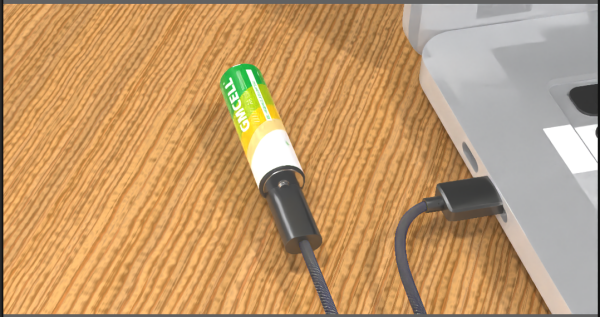
Introduction
The advent of USB Type-C has marked a significant milestone in the evolution of charging technology, offering unprecedented versatility and efficiency. Integrating USB Type-C charging capabilities into batteries has transformed the way we power portable devices, enabling faster charging, bidirectional power delivery, and universal connectivity. This article delves into the advantages of USB Type-C charging batteries and highlights their diverse applications across various industries, illustrating how this innovation is reshaping the landscape of portable power solutions.
**Advantages of USB Type-C Charging Batteries**
**1. Universality and Interoperability:** A paramount benefit of USB Type-C batteries is their universality. The standardized connector allows seamless interoperability across devices, eliminating the need for multiple chargers and cables. This ‘one port for all’ approach simplifies the user experience and fosters a more sustainable ecosystem by reducing electronic waste.
**2. High-Speed Charging and Power Delivery:** USB Type-C supports Power Delivery (PD) protocol, enabling power output of up to 100W, significantly faster than previous USB standards. This feature permits rapid charging of high-capacity batteries in devices like laptops, drones, and professional camera equipment, reducing downtime and enhancing productivity.
**3. Bidirectional Charging:** A unique capability of USB Type-C batteries is bidirectional charging, allowing them to act as both receivers and providers of power. This functionality opens up new possibilities for portable power banks, enabling them to charge other devices or be charged from another compatible device, such as a laptop, creating a flexible charging ecosystem.
**4. Reversible Connector Design:** The symmetrical design of the USB Type-C connector eradicates the frustration of incorrectly orienting cables, improving user convenience and durability by reducing wear and tear associated with repeated plug-in attempts.
**5. Data Transfer Capabilities:** In addition to power delivery, USB Type-C supports high-speed data transfer rates, making it suitable for devices that require frequent data synchronization alongside charging, such as external hard drives and smart devices.
**6. Future-Proofing:** As USB Type-C becomes more prevalent, adopting this technology in batteries ensures compatibility with the next generation of devices, safeguarding against obsolescence and facilitating a smoother transition to newer technologies.
**Applications of USB Type-C Charging Batteries**
**1. Mobile Devices:** Smartphones and tablets leveraging USB Type-C batteries can take advantage of fast-charging capabilities, enabling users to quickly top up their devices, enhancing mobility and convenience.
**2. Laptops and Ultrabooks:** With USB Type-C PD, laptops can charge rapidly from compact and versatile battery packs, empowering remote work and on-the-go productivity.
**3. Photography and Videography Equipment:** High-drain devices such as DSLR cameras, mirrorless cameras, and drone batteries can benefit from USB Type-C’s fast charging, ensuring photographers and videographers are always ready for the next shoot.
**4. Portable Power Banks:** USB Type-C has transformed the power bank market, allowing for faster charging of the power bank itself and high-speed charging of connected devices, making them indispensable for travelers and outdoor enthusiasts.
**5. Medical Devices:** In the healthcare sector, portable medical equipment like blood pressure monitors, portable ultrasound machines, and patient worn devices can leverage USB Type-C batteries for reliable and efficient power management.
**6. Industrial and IoT Devices:** In industrial settings and the Internet of Things (IoT), USB Type-C batteries facilitate easy charging and data transfer for sensors, trackers, and remote monitoring systems, optimizing maintenance and operational efficiency.

Conclusion
The integration of USB Type-C charging technology into batteries represents a paradigm shift in power management, offering unparalleled convenience, speed, and versatility. As technology continues to advance, USB Type-C batteries are poised to become even more pervasive, driving innovation in portable power solutions across industries. By addressing the growing demand for faster charging, universal compatibility, and intelligent energy management, USB Type-C charging batteries are reshaping the way we interact with and power our digital world, setting a new benchmark for portable power systems.
Post time: May-15-2024




